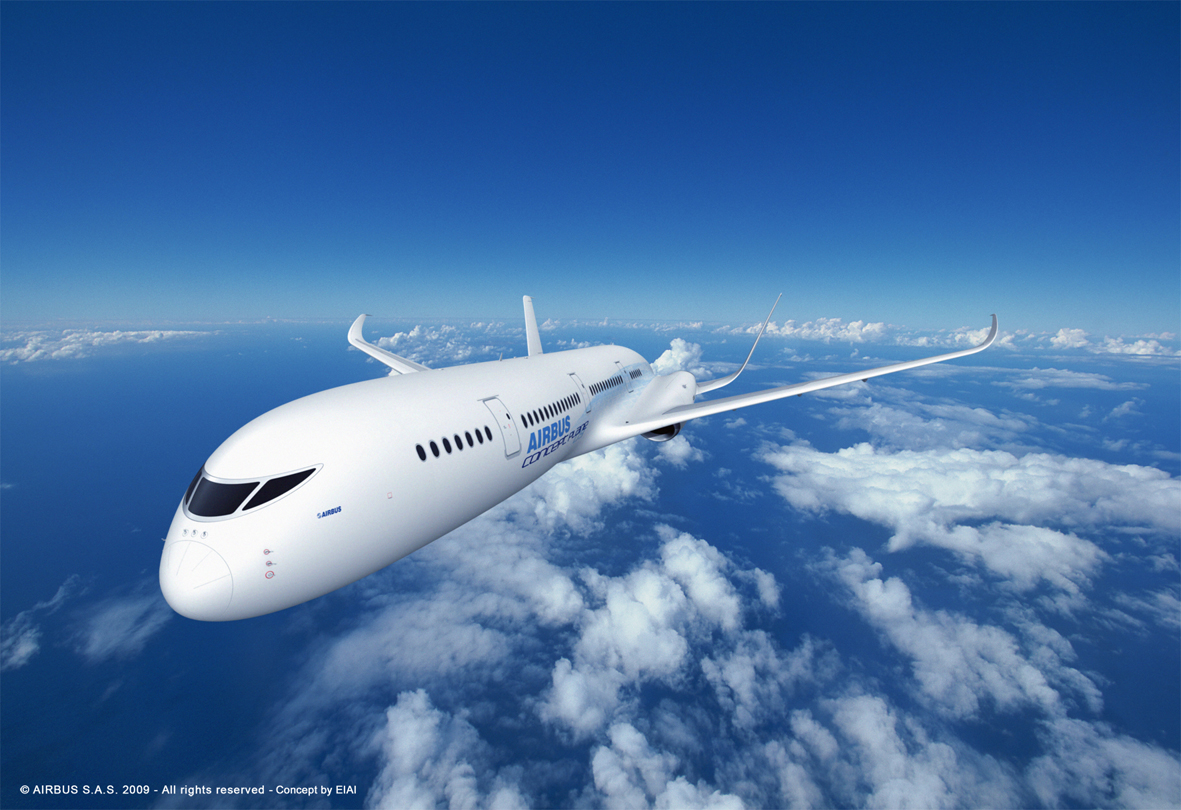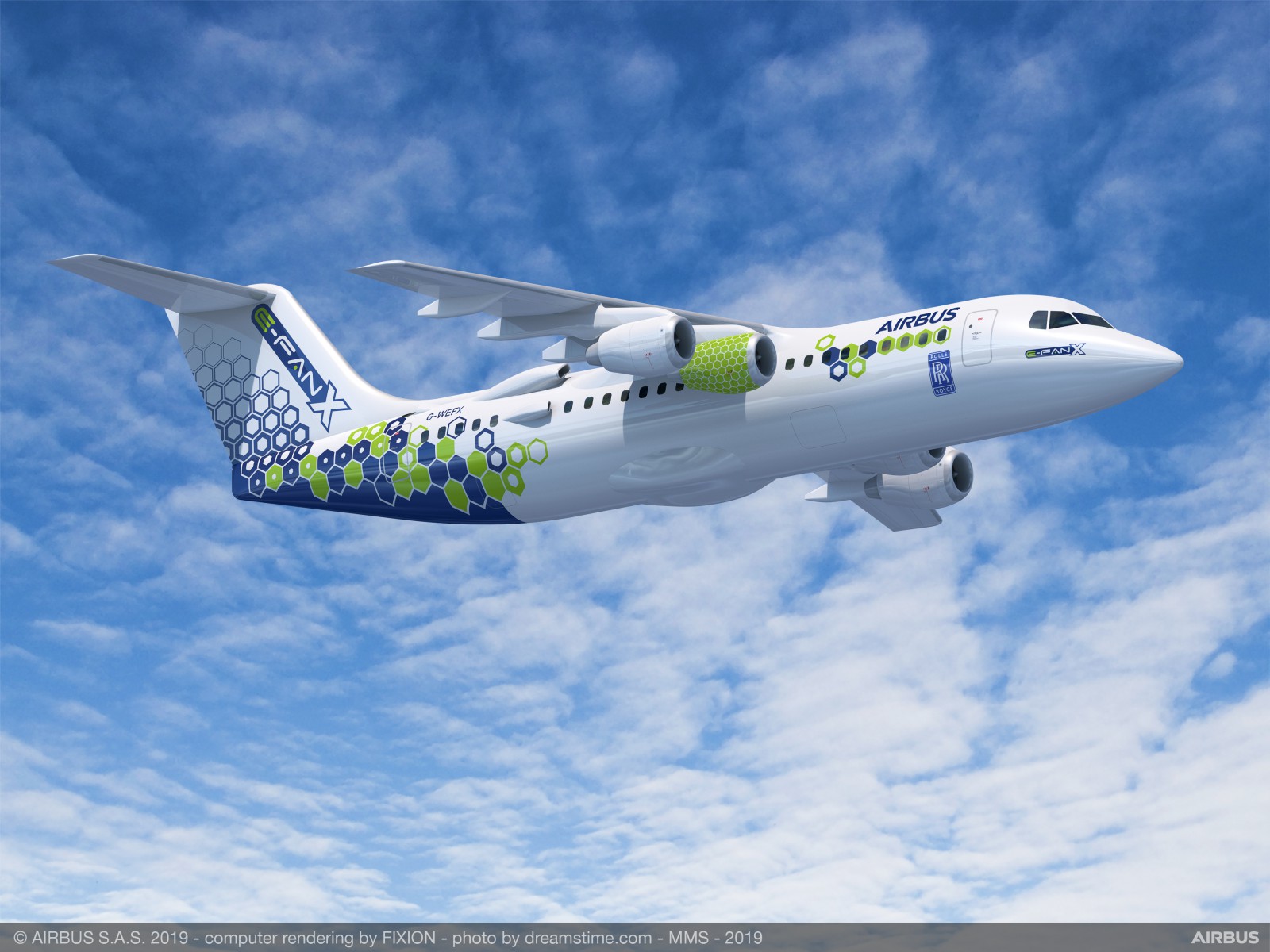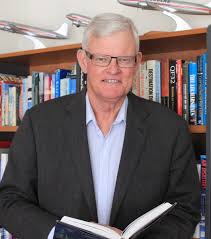Airbus takes leadership position in electric aircraft
13 November, 2019
4 min read
By joining our newsletter, you agree to our Privacy Policy


Airbus and SAS (Scandinavian Airlines) have taken a leadership position to research and develop electric and hybrid-electric aircraft operations ecosystems and related infrastructure requirements.
The two organizations have signed an MOU to establish the requirements for the next generation of electric aircraft and to develop a framework on how to best introduce hybrid-electric aircraft for large-scale commercial use over the next 10 to 15 years.
The agreement is a first-of-its-kind collaboration that brings together a leading aircraft manufacturer and prestigious airline to better understand how electric and hybrid-electric aircraft could be deployed at airports worldwide.
But pushing the boundaries on an electric flight is not new for Airbus.
Since 2010, Airbus has been heavily investing in developing hybrid-electric and electric propulsion technologies for aircraft. Notable projects include the E-Fan X, a hybrid-electric aircraft demonstrator, in partnership with Rolls Royce.
At the same time, SAS has taken an industry-leading position to reduce its carbon footprint, a commitment that began well over 20 years ago. The airline has the goal to reduce its emissions by 25% by 2030 by modernizing its fleet, increasing bio fuel use and exploring the use of hybrid-electric aircraft.
READ more about Airbus's electric leadership role
The airline produced it first environmental report in 1996, long before climate change made international headlines worldwide.
The collaboration also includes a plan to involve a renewable energy supplier to ensure genuine zero-emission operations are assessed. Airbus and SAS’ multidisciplinary approach—from energy to infrastructure—aims to address the entire aircraft operations ecosystem in order to better support the aviation industry's transition to sustainable energy.
Aircraft are about 84% more fuel efficient per passenger kilometer than they were 50 years ago. However, with air traffic growth estimated to more than double over the next 20 years, reducing aviation’s impact on the environment remains the aim of the industry.
To overcome this challenge, the Global Aviation Industry (ATAG) including Airbus and SAS have committed to achieving carbon-neutral growth for the aviation industry as a whole from 2020 onwards by cutting aviation net emissions by 50% by 2050 (compared to 2005).
This agreement strengthens Airbus’ leading position in a field where it has already invested in developing hybrid-electric and electric propulsion technologies.
In 2010, Airbus embarked on its aircraft electrification journey, developing the world’s first fully-electric, four-engine aerobatic aircraft, CriCri.
In 2015, Airbus’ all-electric, twin-propeller aircraft E-Fan successfully crossed the English Channel.
E-Fan X, the successor to E-Fan that is 30 times more powerful than its predecessor, is expected to take its first flight in 2021.
 Airbus’ work in electric propulsion aims to drive the commercialization of zero-emission, all-electric urban air mobility vehicles and, eventually, large commercial aircraft. The goal is to make the technology available to fly a 100-passenger aircraft based on electric and hybrid-electric technology within the 2030s timeframe.
The E-Fan X hybrid-electric aircraft demonstrator will be BAe 146, with one of the aircraft’s four engines replaced by a two-megawatt electric motor.
Under the partnership, Airbus will be responsible for overall integration and control architecture of the hybrid-electric propulsion system and batteries, and its integration with flight controls.
Rolls Royce will be responsible for the two-megawatt engine and power electronics.
Airbus sees the E-Fan X project as an important next step in achieving zero-emission flight for commercial aircraft over the next 20 years.
“Alternative propulsion—including electric and hybrid-electric systems—is emerging as a serious and viable technology that could be widely adopted from the early 2030s,” says Glenn Llewellyn, General Manager, Electrification, Airbus. “We strongly believe this technology complements sustainable aviation fuel, thereby ensuring a sustainable future for aviation.”
READ: Airbus expects the first A350 to be completed in China in 2021
The European aircraft manufacturer says the E-Fan X demonstrator will explore the challenges of alternative propulsion systems, including thermal effects, electric thrust management, altitude and dynamic effects on electric systems and electromagnetic compatibility issues.
It will focus on issues such as performance, safety and reliability in a bid to boost the technology and establish future certification guidelines for electric-powered aircraft.
Airbus’ work in electric propulsion aims to drive the commercialization of zero-emission, all-electric urban air mobility vehicles and, eventually, large commercial aircraft. The goal is to make the technology available to fly a 100-passenger aircraft based on electric and hybrid-electric technology within the 2030s timeframe.
The E-Fan X hybrid-electric aircraft demonstrator will be BAe 146, with one of the aircraft’s four engines replaced by a two-megawatt electric motor.
Under the partnership, Airbus will be responsible for overall integration and control architecture of the hybrid-electric propulsion system and batteries, and its integration with flight controls.
Rolls Royce will be responsible for the two-megawatt engine and power electronics.
Airbus sees the E-Fan X project as an important next step in achieving zero-emission flight for commercial aircraft over the next 20 years.
“Alternative propulsion—including electric and hybrid-electric systems—is emerging as a serious and viable technology that could be widely adopted from the early 2030s,” says Glenn Llewellyn, General Manager, Electrification, Airbus. “We strongly believe this technology complements sustainable aviation fuel, thereby ensuring a sustainable future for aviation.”
READ: Airbus expects the first A350 to be completed in China in 2021
The European aircraft manufacturer says the E-Fan X demonstrator will explore the challenges of alternative propulsion systems, including thermal effects, electric thrust management, altitude and dynamic effects on electric systems and electromagnetic compatibility issues.
It will focus on issues such as performance, safety and reliability in a bid to boost the technology and establish future certification guidelines for electric-powered aircraft.
 Airbus’ work in electric propulsion aims to drive the commercialization of zero-emission, all-electric urban air mobility vehicles and, eventually, large commercial aircraft. The goal is to make the technology available to fly a 100-passenger aircraft based on electric and hybrid-electric technology within the 2030s timeframe.
The E-Fan X hybrid-electric aircraft demonstrator will be BAe 146, with one of the aircraft’s four engines replaced by a two-megawatt electric motor.
Under the partnership, Airbus will be responsible for overall integration and control architecture of the hybrid-electric propulsion system and batteries, and its integration with flight controls.
Rolls Royce will be responsible for the two-megawatt engine and power electronics.
Airbus sees the E-Fan X project as an important next step in achieving zero-emission flight for commercial aircraft over the next 20 years.
“Alternative propulsion—including electric and hybrid-electric systems—is emerging as a serious and viable technology that could be widely adopted from the early 2030s,” says Glenn Llewellyn, General Manager, Electrification, Airbus. “We strongly believe this technology complements sustainable aviation fuel, thereby ensuring a sustainable future for aviation.”
READ: Airbus expects the first A350 to be completed in China in 2021
The European aircraft manufacturer says the E-Fan X demonstrator will explore the challenges of alternative propulsion systems, including thermal effects, electric thrust management, altitude and dynamic effects on electric systems and electromagnetic compatibility issues.
It will focus on issues such as performance, safety and reliability in a bid to boost the technology and establish future certification guidelines for electric-powered aircraft.
Airbus’ work in electric propulsion aims to drive the commercialization of zero-emission, all-electric urban air mobility vehicles and, eventually, large commercial aircraft. The goal is to make the technology available to fly a 100-passenger aircraft based on electric and hybrid-electric technology within the 2030s timeframe.
The E-Fan X hybrid-electric aircraft demonstrator will be BAe 146, with one of the aircraft’s four engines replaced by a two-megawatt electric motor.
Under the partnership, Airbus will be responsible for overall integration and control architecture of the hybrid-electric propulsion system and batteries, and its integration with flight controls.
Rolls Royce will be responsible for the two-megawatt engine and power electronics.
Airbus sees the E-Fan X project as an important next step in achieving zero-emission flight for commercial aircraft over the next 20 years.
“Alternative propulsion—including electric and hybrid-electric systems—is emerging as a serious and viable technology that could be widely adopted from the early 2030s,” says Glenn Llewellyn, General Manager, Electrification, Airbus. “We strongly believe this technology complements sustainable aviation fuel, thereby ensuring a sustainable future for aviation.”
READ: Airbus expects the first A350 to be completed in China in 2021
The European aircraft manufacturer says the E-Fan X demonstrator will explore the challenges of alternative propulsion systems, including thermal effects, electric thrust management, altitude and dynamic effects on electric systems and electromagnetic compatibility issues.
It will focus on issues such as performance, safety and reliability in a bid to boost the technology and establish future certification guidelines for electric-powered aircraft.Next Article
2 min read
Qantas triples profit but misses mark

Get the latest news and updates straight to your inbox
No spam, no hassle, no fuss, just airline news direct to you.
By joining our newsletter, you agree to our Privacy Policy
Find us on social media
Comments
No comments yet, be the first to write one.

